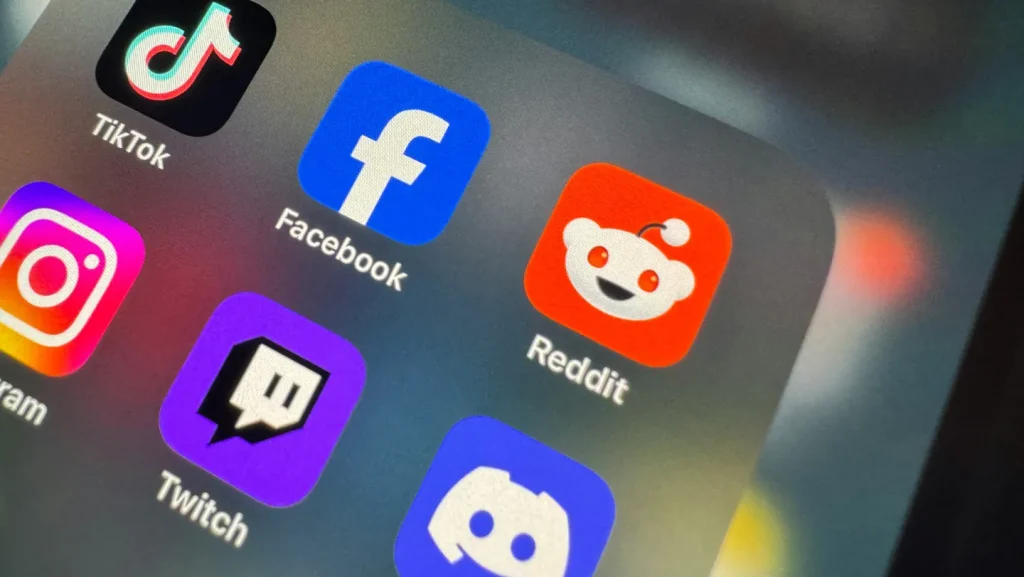AI’s Role in Monitoring Cannabis Side Effects on Social Media
In an age where social media has become a primary platform for sharing personal experiences, a groundbreaking AI tool named Waldo is now scanning Reddit to identify potentially harmful cannabis-related side effects that might otherwise go unnoticed by health authorities. This innovation represents a significant shift in how public health monitoring can operate in the digital era, creating a bridge between informal online discussions and formal health surveillance systems.
The experiment began with a simple yet desperate plea on Reddit: “Help me please… I can’t calm down without laying on the ground and freaking out for a good 20 minutes… Should I get medical help?” This post, describing what appears to be a severe panic attack following marijuana use, would typically remain buried among millions of other social media posts. However, Waldo was paying attention, demonstrating how AI can become an important public health ally in monitoring real-world experiences with substances like cannabis.
Researchers at the University of California, San Diego developed Waldo to analyze more than 430,000 posts from cannabis-related Reddit forums. The tool successfully identified over 28,000 posts potentially describing negative side effects, with human verification confirming that 86% of a sample of these posts indeed represented problematic experiences. As reported in PLOS Digital Health on September 30, this approach could revolutionize how public health officials gather information about substance use effects, especially for products like cannabis that remain largely unregulated despite their widespread popularity.
The significance of this research lies in its ability to tap into information sources that traditional health monitoring systems miss. Richard Lomotey, an information technology expert at Penn State, points out that while agencies like the CDC collect data through formal surveys or voluntary reporting systems, they don’t systematically monitor social media—precisely where “people express themselves freely.” Many individuals experiencing adverse effects may not have access to healthcare providers or knowledge of official reporting channels, but they often share these experiences online. As John Ayers, one of the researchers behind Waldo, explains, “We need to go where they are.”
The research team focused on cannabis products for several compelling reasons. Karan Desai, a medical student at the University of Michigan Medical School who worked on the project, noted that cannabis products, along with vapes and e-cigarettes like JUUL, have become ubiquitous among younger demographics despite limited regulation. “I think it’s important for us to know what side effects people are experiencing with using these,” Desai emphasized, highlighting the public health implications of understanding these increasingly common substances.
Waldo’s development process was methodical and rigorous. The team first trained the AI using 10,000 previously analyzed Reddit posts about cannabis use, where researchers had manually identified problematic side effects. When tested against the remaining posts from this initial dataset, Waldo significantly outperformed ChatGPT, which produced 18 times more false positives. Though the AI did not surpass human reviewers in accuracy, its ability to process massive amounts of data at scale makes it an invaluable complement to human monitoring efforts.
While the potential applications of tools like Waldo are promising, experts caution that AI systems trained for specific tasks may not generalize well to other contexts. As Lomotey notes, we must be “cautious” about assuming the same approach would work equally well for monitoring side effects of other substances or medications. Nevertheless, he envisions a future where similar AI tools could ethically monitor social media to identify rare but serious side effects, with appropriate privacy protections in place. This capability could be particularly valuable in regions lacking robust pharmacovigilance systems.
The ultimate goal extends beyond mere data collection—these technologies could eventually help connect vulnerable individuals experiencing adverse effects with appropriate public health resources. As Ayers poignantly observes, “Even when [side effects] can be rare, when they happen to you, it means all the world.” Through this innovative approach to public health surveillance, AI tools like Waldo represent a promising step toward ensuring that even those voices expressing distress in the vast digital wilderness can be heard by those who might help.















